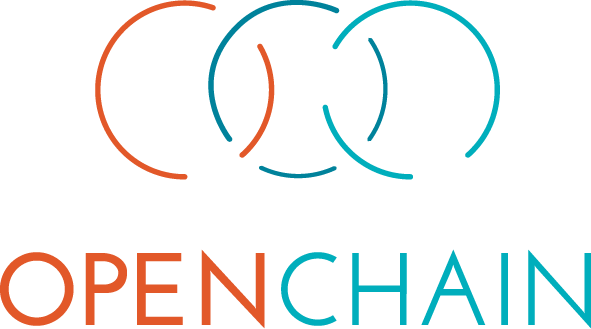
Newsletter – Issue 59 – October 2023
The OpenChain Newsletter provides a monthly summary of our work. It contains an overview of what we are doing to build trust around license compliance and security in the open source supply chain. We accept suggestions and ideas. Feel free to mail us at any time.
Headline News
Outreach
- OpenChain October – A Video Project
- OpenChain Japan Work Group Meeting #29 (Hybrid #4) – 2023-10-05 @ SocioNext in Kyoto
- OpenChain Open Source Seminar China – 2023-10-16
Webinars
- None this month.
Meetings
Our community held the following meetings:
- OpenChain Monthly Meeting North America and Europe – 2023-10-03
- OpenChain Export Control Work Group 2023-10-03
- OpenChain Automation Work Group – 2023-10-04
- OpenChain Telco Work Group – 2023-10-05
- OpenChain Monthly Meeting North America and Asia – 2023-10-17




